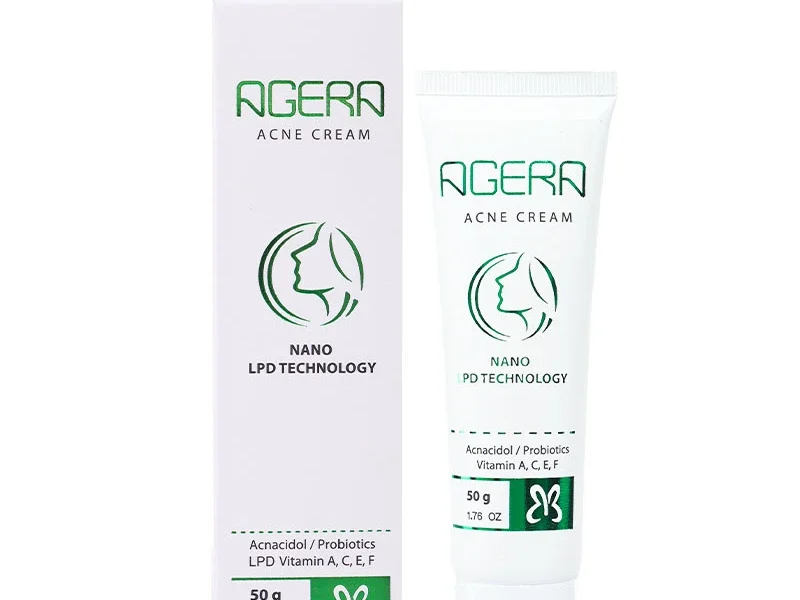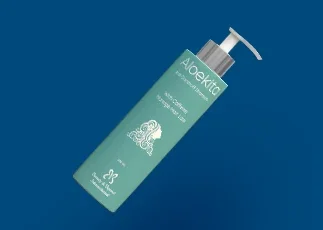
This causes pores to become clogged with dead cells and sebum. Sometimes, the process stops there, resulting in blackheads and whiteheads. This is known as “retentional acne”.
In more severe cases, bacteria multiply in the trapped sebum and cause inflammation in the skin, resulting in superficial pimples called pustules, or deeper, hard and painful lesions called nodules and cysts. This is called “inflammatory acne”.
WHAT CAUSES ACNE?
In acne, an imbalance in hormones called androgens cause the sebaceous gland to produce lots of oil. The same hormones cause increased production of skin cells lining pores.
Pores then get clogged with a mixture of cells and sebum, becoming a breeding ground for acne-causing bacteria.
This results in several types of pimple ranging from red spots to pustules or deep, painful cysts.
DOES BIRTH CONTROL HELP ACNE?
Acne is essentially caused by hormones. In females, this can be treated with birth control, also known as the oral contraceptive pill (OCP), which rebalances your hormones in favor of clear skin. See your doctor to find out if you are a candidate for this treatment, as it is not suitable for everyone.
HOW CAN I REMOVE ACNE SCARS?
Post acne scars are very hard to treat. Certain in-office treatments can help such as microdermabrasion, chemical peels, laser and micro-needling. In people with blemishes, post acne scars should be prevented from forming in the first place with suitable medications such as antibiotics or iso-tretinoin. Ask also your pharmacists about an expert daily skincare such as Agera range




